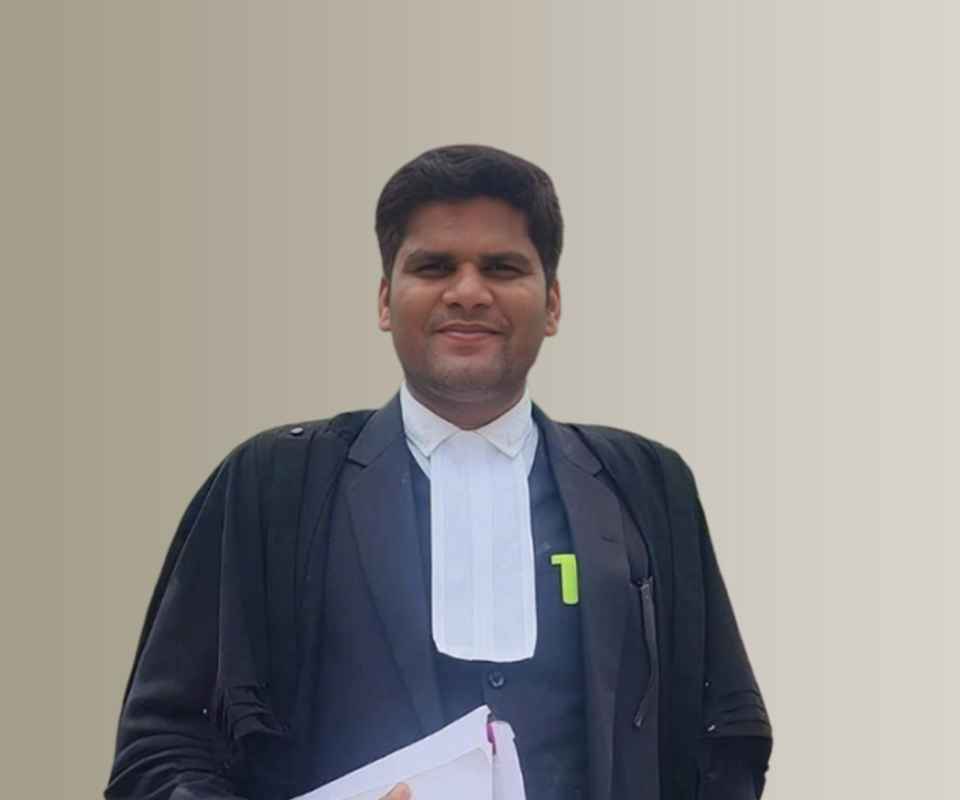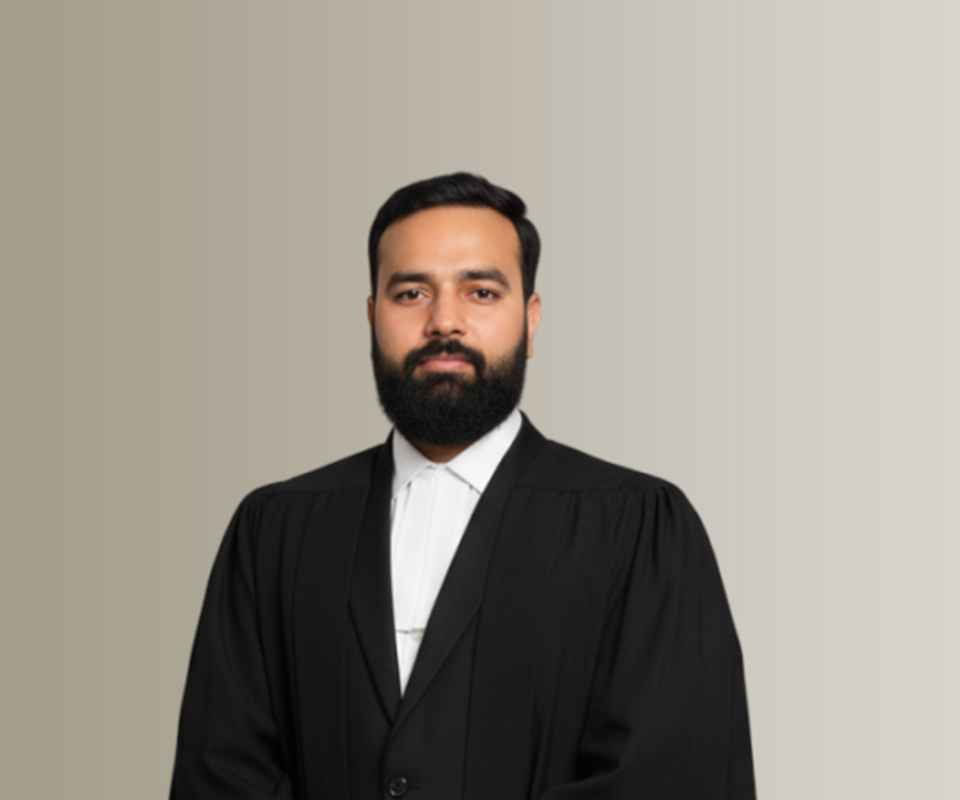Answer By law4u team
Copyright Infringement in India Copyright infringement occurs when someone uses, copies, distributes, or reproduces a copyrighted work without the permission of the owner, violating the Copyright Act, 1957. 1. Acts That Constitute Copyright Infringement A person infringes copyright if they do any of the following without authorization: Reproduce the work (copying a book, music, film, or software). Distribute copies (selling or sharing pirated copies). Perform the work publicly (screening a movie without a license). Adapt or translate the work (modifying a novel into a film without rights). Broadcast or communicate the work (uploading copyrighted material online). Digitally store or distribute (hosting copyrighted content on a website without permission). Even temporary storage of copyrighted content (like downloading pirated movies or songs) can be considered infringement. 2. Types of Copyright Infringement Direct Infringement: Occurs when a person directly copies or distributes copyrighted work without permission. Example: Selling unauthorized copies of books, movies, or music. Indirect (Secondary) Infringement: Involves helping others infringe copyright. Example: Running a website that hosts pirated content or selling devices loaded with pirated software. 3. Exceptions to Infringement (Fair Use/Dealing) Certain uses of copyrighted material do not amount to infringement under Section 52 of the Copyright Act, 1957. These include: Private use and research (reading a book for personal study). Criticism or review (quoting a book in a critique). Reporting current events (using copyrighted images in news reports). Educational purposes (teachers using portions of a book in class). However, excessive copying beyond reasonable limits can still be infringement. 4. Legal Remedies for Copyright Owners A copyright owner can take civil and criminal action against infringement: Civil Remedies (Sections 55-62 of the Copyright Act) Injunction (Stay Order): To stop further unauthorized use. Damages or Compensation: To recover financial losses. Seizure of Infringing Goods: Court can order the removal of pirated copies. Criminal Penalties (Section 63 of the Copyright Act) Imprisonment: 6 months to 3 years. Fine: ₹50,000 to ₹2,00,000. Seizure and destruction of pirated materials. The police can seize infringing materials without prior court approval. 5. Online Copyright Infringement & Digital Piracy Uploading or downloading pirated content (movies, songs, books) violates copyright law. The Information Technology (IT) Act, 2000, allows website blocking for piracy. Websites hosting copyrighted material without authorization can be taken down under a DMCA notice. Conclusion Using copyrighted work without permission amounts to copyright infringement, whether by copying, distributing, or adapting it. Legal actions include civil suits, damages, and even criminal penalties. However, limited use under fair dealing is allowed for education, research, and criticism.









